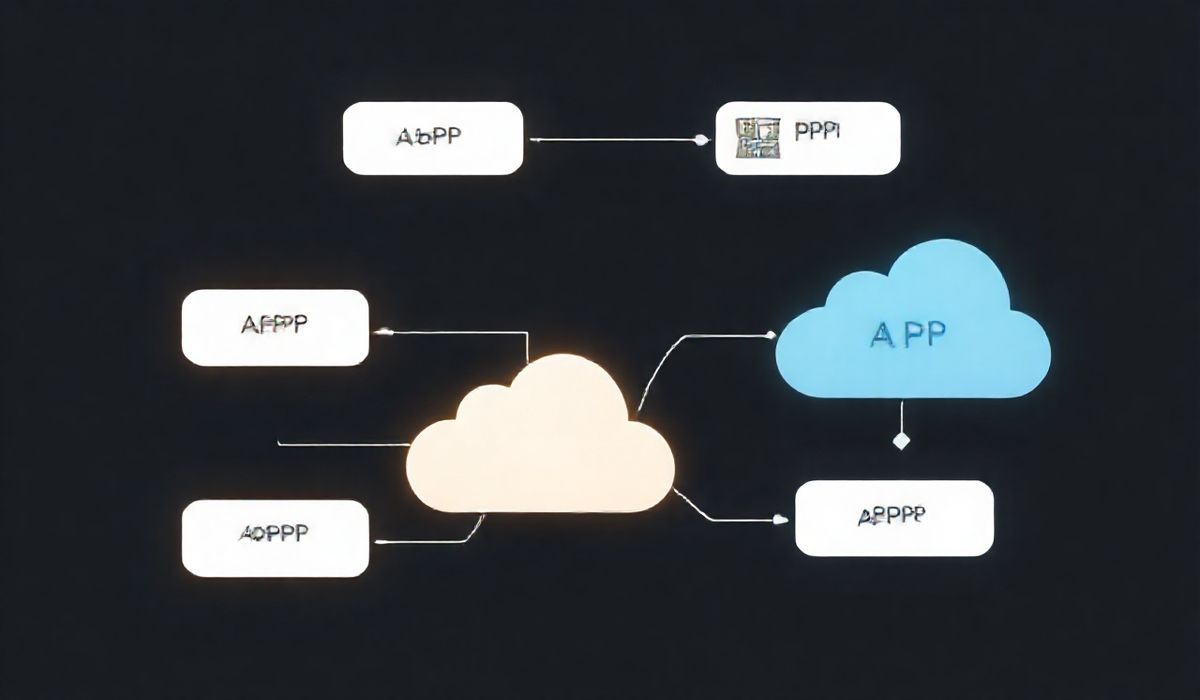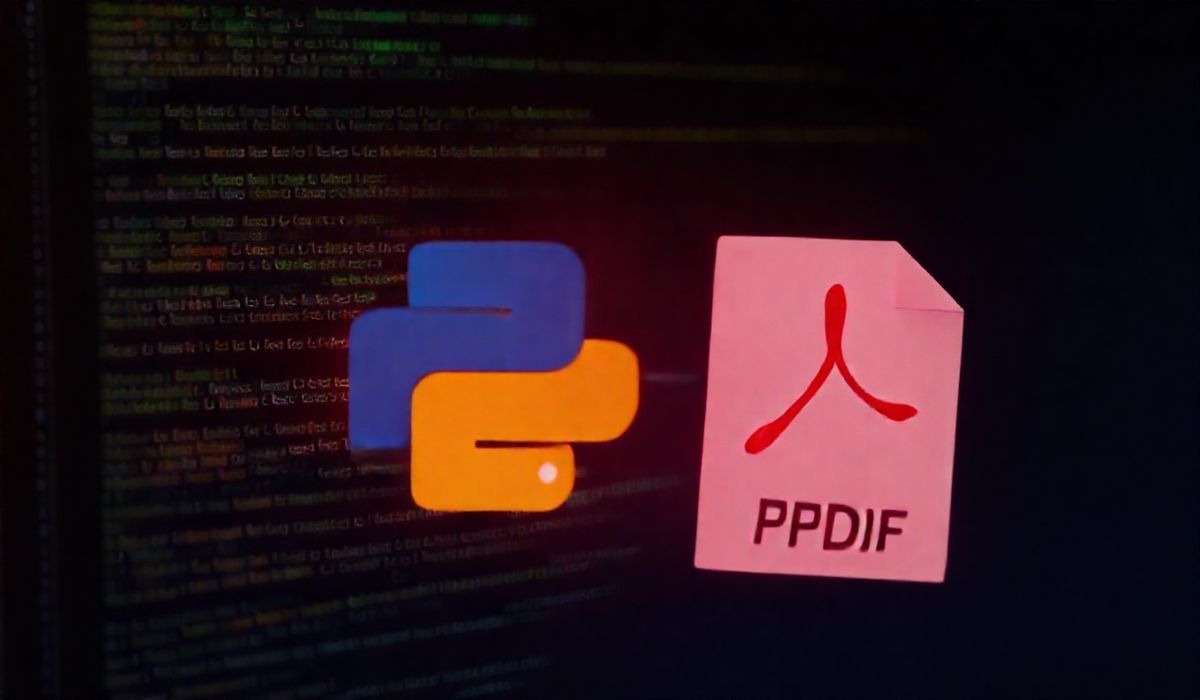Introduction to Triton
Triton is an open-source machine learning-serving platform designed to simplify the deployment of machine learning models across various frameworks like TensorFlow, PyTorch, ONNX, and others. With Triton’s APIs, you can efficiently scale and deploy AI models for production workloads while ensuring optimal performance and reliability.
The Advantages of Using Triton
Triton is not only easy to use but also powerful. It offers numerous APIs and solutions to help developers accelerate the development-to-deployment lifecycle. Some standout features include:
- Support for multiple model frameworks in a single server instance
- Dynamic batching to enhance performance
- Model versioning and ensemble modeling functionalities
- Detailed telemetry and monitoring features
Getting Started with API Examples
The Triton Python client library simplifies interactions with Triton Inference Server. Here’s a comprehensive overview of useful API examples:
1. Initialize Triton Client
from tritonclient.grpc import InferenceServerClient # Initialize the client with the Triton server URL triton_client = InferenceServerClient(url='localhost:8001', verbose=True)
2. Check Model Availability
model_name = "resnet50"
is_model_ready = triton_client.is_model_ready(model_name)
print(f"Is {model_name} ready? {is_model_ready}")
3. Request Metadata
model_metadata = triton_client.get_model_metadata(model_name="resnet50") print(model_metadata)
4. Perform Inference
Inference involves sending input data and receiving predictions as output:
import numpy as np
from tritonclient.grpc import InferInput
# Prepare input data
input_data = np.random.rand(1, 3, 224, 224).astype(np.float32)
# Create inference input
input_tensor = InferInput('input', input_data.shape, "FP32")
input_tensor.set_data_from_numpy(input_data)
# Perform inference
result = triton_client.infer(model_name="resnet50", inputs=[input_tensor])
print(result.as_numpy("output"))
5. Retrieve Model Statistics
model_stats = triton_client.get_model_statistics(model_name="resnet50") print(model_stats)
6. Load or Unload Models Dynamically
Triton enables dynamic loading and unloading of models based on usage:
# Load model triton_client.load_model(model_name="resnet50") # Unload model triton_client.unload_model(model_name="resnet50")
7. Utilize HTTP Endpoints
import requests
url = "http://localhost:8000/v2/models/resnet50/infer"
payload = {"inputs": [{"name": "input", "data": [1, 2, 3]}]}
response = requests.post(url, json=payload)
print(response.json())
Building an Application with Triton
Let’s build an image classification web service using Triton and Flask:
Application Code
from flask import Flask, request, jsonify
from tritonclient.grpc import InferenceServerClient, InferInput
import numpy as np
app = Flask(__name__)
triton_client = InferenceServerClient(url='localhost:8001', verbose=True)
@app.route('/classify', methods=['POST'])
def classify():
file = request.files['image']
image_data = np.array(file.read()) # Convert image to NumPy array
input_tensor = InferInput('input', image_data.shape, "FP32")
input_tensor.set_data_from_numpy(image_data)
result = triton_client.infer(model_name="resnet50", inputs=[input_tensor])
predictions = result.as_numpy('output')
return jsonify({"predictions": predictions.tolist()})
if __name__ == '__main__':
app.run(host='0.0.0.0', port=5000)
How It Works
When you upload an image to the /classify endpoint, Flask will process it, send it to the Triton Inference Server for predictions, and return the results in JSON format.
SEO Keywords and Summary
Triton is a game-changing technology for machine learning deployment. With its powerful APIs and support for multiple frameworks, it’s a tool every developer should explore. Whether you’re building a simple inference model or a complex AI application, Triton empowers you to do more in less time. Explore Triton today!




